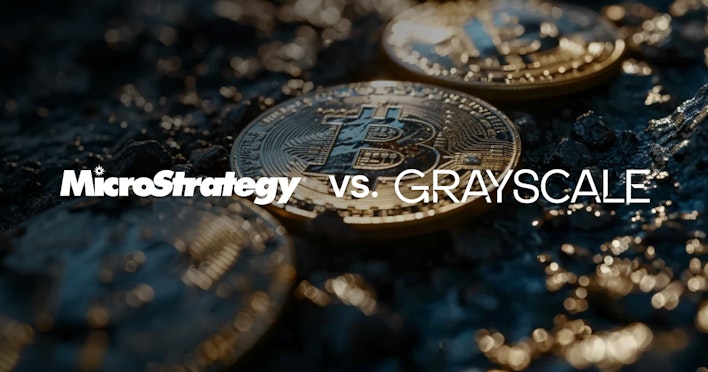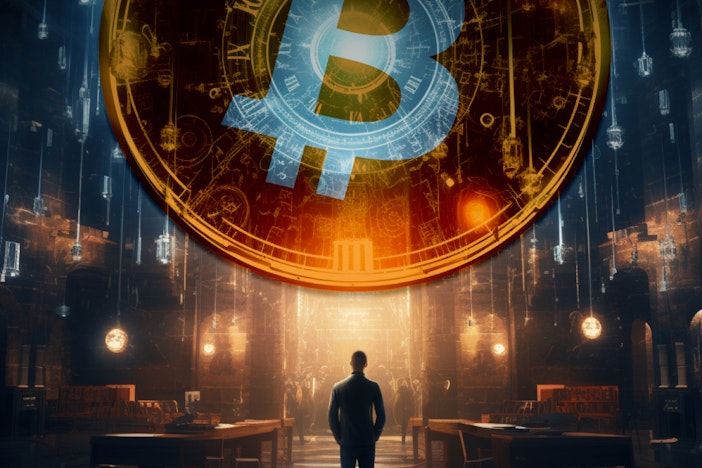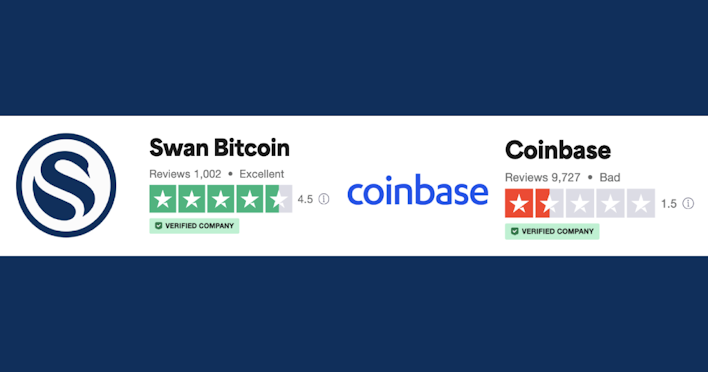How Bitcoin is a New Form of Property (5 Minute Read)
Read how Bitcoin is unique and powerful property, which comes with certain responsibilities.

Some things are property — like real estate, televisions, cars, sandwiches, and chairs.
Some things aren’t — like the weather, the English language, math, and the planet Jupiter.
Property can be owned, and to own something means to be able to determine how it is used, consumed or disposed of.
Generally speaking, ownership of property is something that is enforced, either through force or the threat of it. A television is yours because anyone who attempts to use it without your permission will be forced to surrender their use of it by law enforcement agencies. They are discouraged from stealing your tv because of the threat that they will be forced to return it and punished for having taken it.
We have laws that prescribe how you come to own property and how the government will enforce your ownership of it.
Some forms of property, like houses and cars, come with built-in technologies to make it hard for people to try to take them from you in the first place, like keys and locks. But in the end, you must rely on the authority and force of law enforcement to protect your ownership. And you must rely on the justice system to protect your property rights if they are violated.
Like other properties, Bitcoin is something whose use can only be determined by its owner. But Bitcoin has a unique feature that no prior form of property has ever had. Your ownership of Bitcoin does not rely on local laws or law enforcement agencies. Bitcoin has built-in technology that makes it impossible for anyone to take it from you by force — even law enforcement agencies cannot seize it. Bitcoin is the first unseizable property in history — unseizable by law-breakers or by law enforcers.
Bitcoin is Global: it can be used as property anywhere on Earth. Even where there is no law enforcement or where governments themselves violate property ownership, Bitcoin can be owned as property with its use solely decided upon by its rightful owner.
This means that Bitcoin is not just unseizable but completely portable. You can send it to anyone in the world, and you can take it with you anywhere in the world. You can go anywhere and cross any border without having to ‘carry’ your Bitcoin with you. You can retrieve it for spending wherever you are, whenever you want.
Bitcoin is also property that can be backed up and kept in multiple places. Unlike your house, which will be gone if a fire burns it down if you kept your keys for your Bitcoin in your home, you could also keep spare copies of them elsewhere. Retrieving those keys from any of those places, even if your house burns down, allows you to spend those coins.
Bitcoins are essentially indestructible property. This is because all the bitcoins themselves exist in tens of thousands of locations all over the world, but the right to spend them is granted only to a person in possession of the keys.
Finally, as a result of how Bitcoins come into existence, the number of Bitcoins in circulation is perfectly knowable at any point in time. It is also certain that there will never be more than 21 million bitcoins — the supply is knowably, certainly, provably scarce.
Also, the authenticity of bitcoins is easy to determine. You cannot pass off fake bitcoins, unlike a fake bill or coin, without easily and automatically being caught in the attempt to pass it off.
While there are other purely scarce things and even those that are one-of-a-kind, those things are not indestructible, unseizeable, easily verified for authenticity, or perfectly portable.
When combined with these other features, Bitcoin’s scarcity and easy verifiability make it a type of property very well suited to be used as money.
Bitcoin is perfect for exchanging for other things. And money, after all, is not the property you consume but the property you exchange for other property you intend to use in some fashion.
Now, because of all of the above, owning this unique form of property comes with two special responsibilities.
First, an owner of bitcoins must not lose their keys. If keys are lost while the Bitcoins remain, they can never be spent. No government or law enforcement agency can intervene to help. Lost keys cannot be recreated.
Second, an owner of Bitcoins must not let anyone else make a copy of the keys needed to spend their coins. If someone gets your keys, then they own your coins, and they can spend them. Once spent, coins cannot be unspent. There are no take-backs in Bitcoin. Bitcoin transactions are irreversible.
It is possible to hire a company to look after your Bitcoins for you. Many people do. But, if someone else is holding your bitcoins for you, they really own the Bitcoins according to Bitcoin’s unique rules.
What you own in that case is a legal contract with that company — a contract enforceable by the law enforcement system of the jurisdiction in which they operate. This, then, as far as you’re concerned, is like all other forms of property ownership and you don’t benefit from nor do you take on the responsibilities unique to bitcoin as property.
Holding Bitcoin directly is a trustless form of property ownership, but it comes with responsibility.
Some firms make ‘partial’ custody available where under certain conditions, they can produce one or several keys necessary to aid in moving your coins or all the necessary keys necessary to move your coins in case you pass away and want your heirs to be given the keys.
Bitcoin is property, but it has unique, powerful, and responsibility-requiring characteristics that no other form of property on Earth has.
Use it wisely.
Enjoy it responsibly.
Sign up to start saving Bitcoin
Buy automatically every day, week, or month, starting with as little as $10.
Tomer Strolight is Editor-in-Chief at Swan Bitcoin. He completed bachelors and masters degrees at Toronto’s Schulich School of Business. Tomer spent 25 years operating businesses in digital media and private equity before turning his attention full time to Bitcoin. Tomer wrote the book “Why Bitcoin?” a collection of 27 short articles each explaining a different facet of this revolutionary new monetary system. Tomer also wrote and narrated the short film “Bitcoin Is Generational Wealth”. He has appeared on many Bitcoin podcasts including What Bitcoin Did, The Stephan Livera Podcast, Bitcoin Rapid Fire, Twice Bitten, the Bitcoin Matrix and many more.
More from Swan Signal Blog
Thoughts on Bitcoin from the Swan team and friends.


MSTR vs. GBTC Compared: Which is Best in 2024?

By Drew
This article compares MSTR and GBTC, offering insights for investors by examining their features, benefits, performance, fees, and drawbacks, focusing on their role in Bitcoin investment strategies.


Changing Bitcoin: The Past, The Present, and The Future (Part One)

By Tomer Strolight
For Bitcoin to achieve the lofty goals many have for it, its rules will need to change. This three-part series of articles will tackle what it takes to change Bitcoin.


4 Reasons to Avoid Coinbase In 2024?

By Matt Ruby
The crypto platform is facing all kinds of problems. Is it time for customers to seek out an alternative?